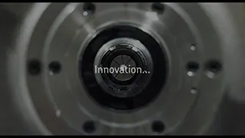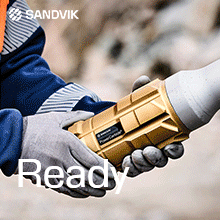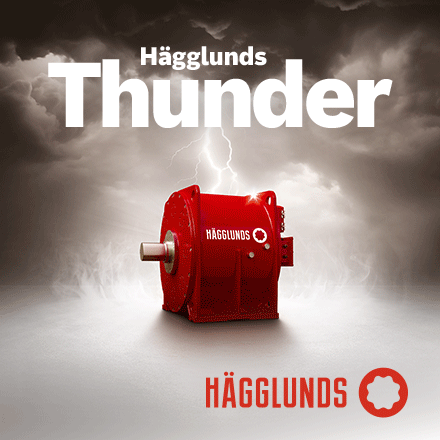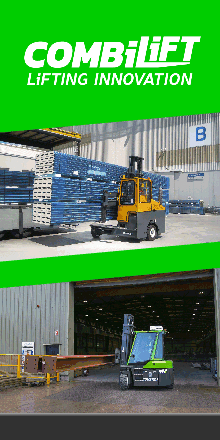SKF Highlights Innovation and Sustainability Through Advanced Technologies
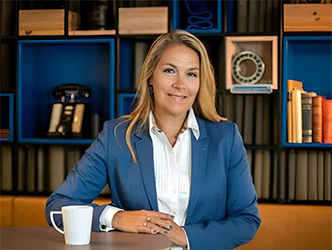
SKF has outlined how emerging technologies such as digitalization, artificial intelligence, and Industry 4.0 tools are reshaping industrial operations. The company is focusing on integrating these advancements to improve efficiency, enhance product quality, and reduce environmental impact. Alongside efforts to promote energy-efficient products and circular business models, SKF has set goals to decarbonize its operations by 2030 and achieve net-zero emissions across its supply chain by 2050.
To prepare for this shift, SKF has introduced training initiatives, research programmes, and partnerships aimed at building expertise in AI and data-driven manufacturing. Developments in the Industrial Internet of Things are also being applied to smart manufacturing processes, helping optimize production schedules, minimize downtime, and strengthen security. At the same time, initiatives promoting diversity and STEM education are intended to ensure a broader talent pool for the future of technological development.
“Organizations that effectively use technology will thrive in 2025, empowering teams to leverage tech for competitive advantage. SKF is at the forefront of this transformation, committed to innovation and sustainability,” said Annika Ölme, Chief Technology Officer and Senior Vice President Technology Development for SKF.
For more information
Categories: Bearings Lubricants
2025-08-26 | SKF | Sweden | Views 444







